How to wean a parrot from biting?
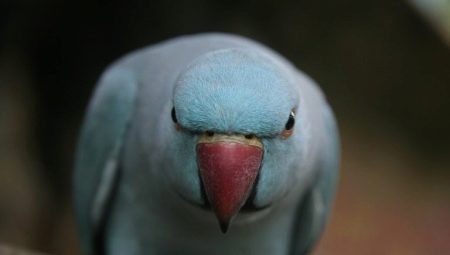
Quite often, parrot owners complain that pets have begun to bite them. The reasons for this behavior can be different, the main thing is to guess them correctly. Then it will be easier to wean, and it will not be difficult to build a line of correct reaction.
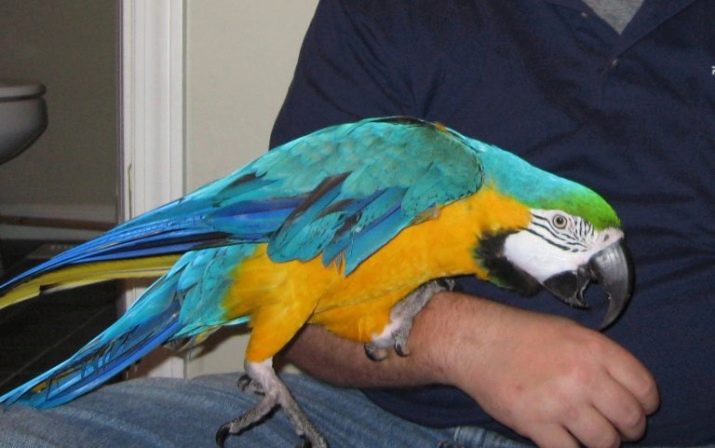
Causes
Parrots are emotional, noisy birds, but at the same time they are very intelligent and intelligent. Just like that, "out of nothing to do", they will not bite the owners - there will certainly be some reason.
- Fright. A sharp sound or unexpected movement can frighten the bird with its suddenness, and it will respond with a bite.
- Protecting your territory or (during the mating season) nests.
- An undeserved resentment.
- Displeasure with the owner's behavior... For example, if a feathered lacks attention, in this way he can try to attract him.
- Character... This, too, should not be discounted - malevolent, hooligan parrots can have so much fun. In this case, you need to pay special attention to education.
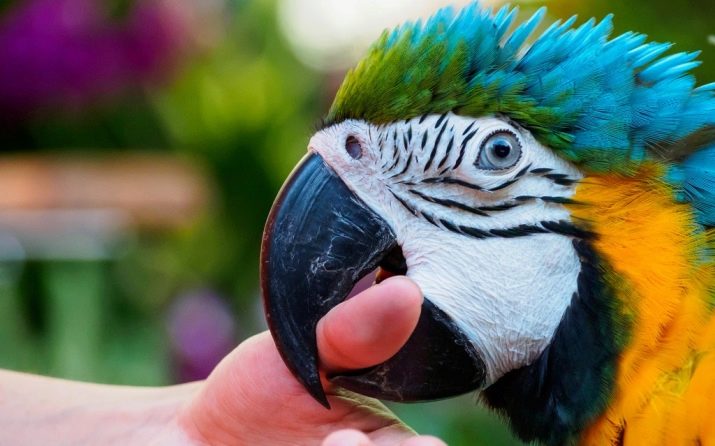
Sometimes even calm, well-mannered birds can behave inadequately (from the point of view of the owners). If the parrot starts biting, the first step is to find out what is bothering him. This can be natural for the mating season, nervousness, irritability, the desire to protect their territory and nest - therefore, you need to clearly know when such a period occurs in a feathered pet. In budgerigars, this behavior means that they are ready to start a family.
Perhaps the pet does not feel well and in this way draws the owner's attention to his discomfort. Then it must be shown to a specialist in order to fix problems in time.
Young parrots can thus explore the world around them. In general, the beak of these birds is intended not only for eating food.With his help, they study subjects and even show love, friendly disposition. Exactly because of this reason you cannot respond to such flirting with aggression - this can offend the bird, and as a result, trust between the pet and the owner will disappear.
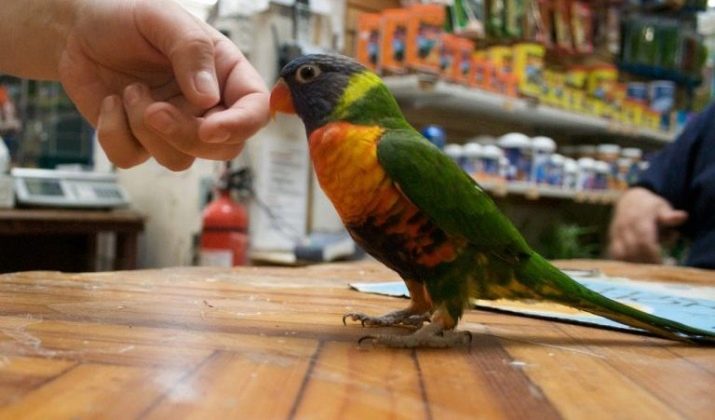
It happens that during hand training, the parrot does not immediately sit on the hand, but first bites it. The reason is instinct. In the wild, before settling on a branch, smart birds first test its strength with a beak. Likewise, domestic parrots instinctively continue the "traditions of their ancestors." In this case, you should not jerk the hand back sharply - the pet will decide that it was not agile enough and the next time it will bite harder.
The same reaction can be provoked by reaching out into the cage or trying to grab a favorite toy.
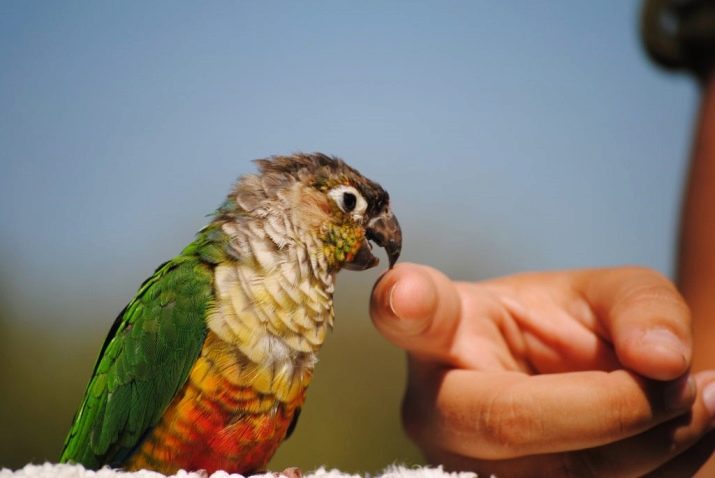
How to wean?
Parrots are very intelligent birds, they not only distinguish the emotional coloring of the voice, but are also able to "read" facial expressions. They resemble children in many ways, and you need to act with them the same way - neat, delicate, but at the same time persistent and uncompromising.
Aggression will be a bad ally here. This will either offend the bird, frighten it, or make it angry. In any case, the result will be even more aggressive attacks.
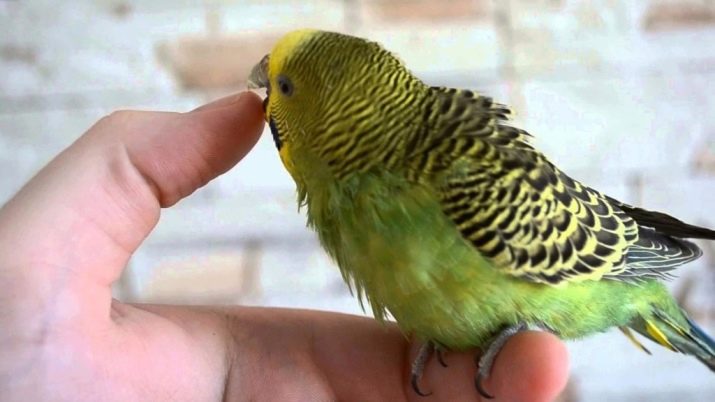
Loud screams are perceived by these mischievous people as signs of pleasure, since they themselves like to make noise. So it makes no sense to yell at them - it will be perceived as encouragement and approval of their actions.
It is best to strictly, calmly say “No” to the bird and leave the room, leaving it alone. Of course, not the first time, but after the third or fourth, but the bird will understand that they are dissatisfied with his actions, and will stop hooliganism.
You can do the following. Once the parrot's biting intent was revealed, you need to try to divert his attention to something else - a toy, treats, etc. And so over and over again, gradually weaning the bird from this bad habit.
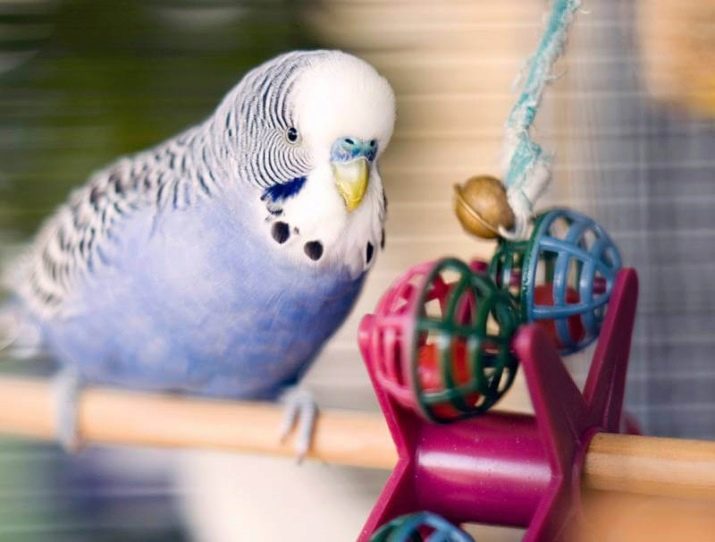
Fright is often the cause of bites. Harsh sounds can scare a bird - for example, a working vacuum cleaner, coffee grinder, hairdryer, washing machine, etc. In order not to be attacked every time you wash or clean, you need to accustom your pet to these sounds. This is done as follows. As soon as the household appliance turns on and a sound frightening the bird is heard, you need to go up to her, talk affectionately and treat her with something tasty, so that the disturbing noise becomes associated with the caress of the owner and the treat.
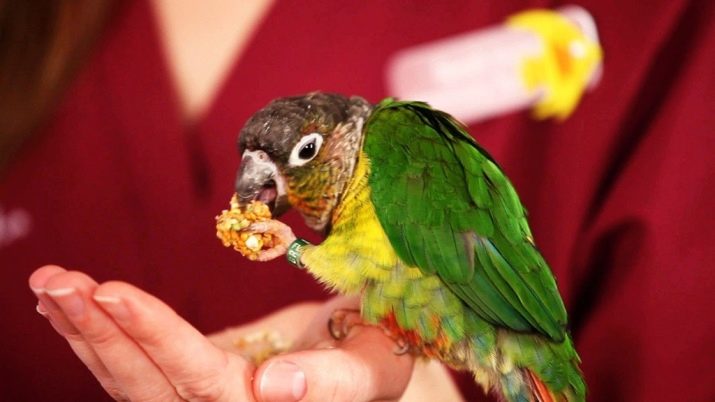
If the parrot is young, then in case of bites, you can lightly squeeze its beak and say “No-no-no-I-I”. Chicks explore the world in this way, so if the bites are not very painful, it might be worth a little patience.
Patience will not hurt during the mating season. At this time, parrots become more irritable, nervous, capricious. Better to wait until they calm down and not take any action - just leave the birds alone.
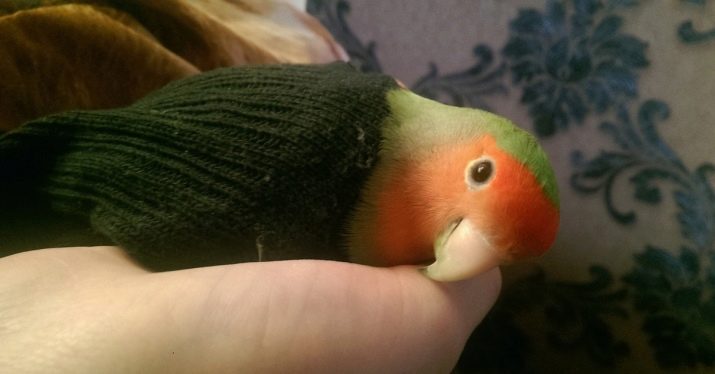
In general, it is not so difficult to wean a parrot from biting if a warm, trusting relationship is established between him and the owner. These birds are very intelligent, they quickly understand that their behavior offends the owner or causes him dissatisfaction. As soon as they realize this, they immediately stop their "sabotage" actions. Or they continue - if the owner for some reason causes them negative emotions.
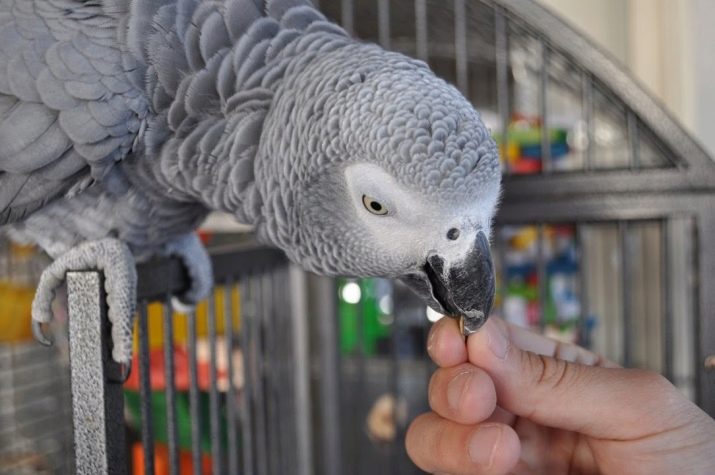
Regardless of the breed, parrots differ in intelligence and ingenuity. If the cause of the bites is episodic - a sharp noise, an attempt to take a toy, a bad mood - it will not be difficult to wean them from this habit. And bad character lends itself well to correction. Everything else - malaise, mating season, young age - requires only timely detection, patience and (in case of illness) - immediate referral to a specialist.
For more information on how to wean a parrot from biting, see below.








